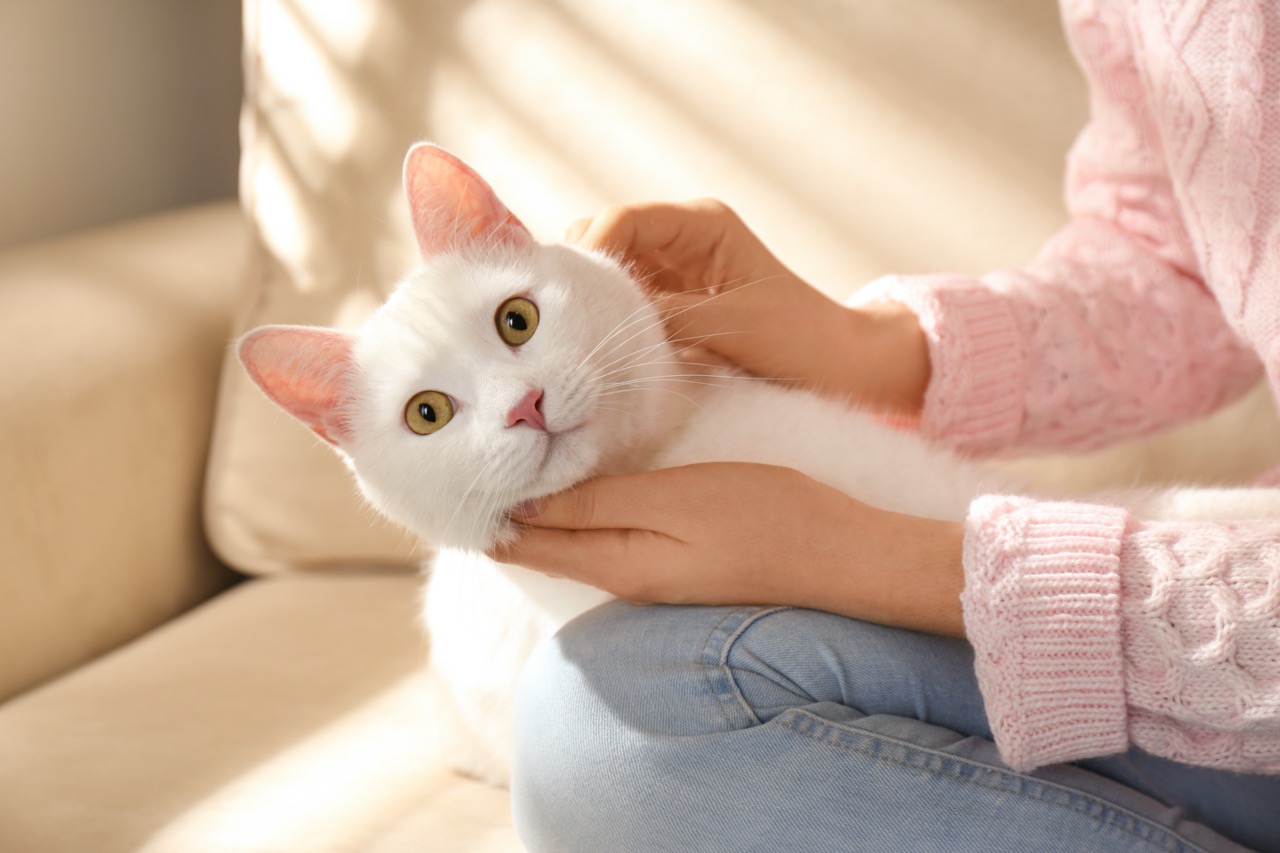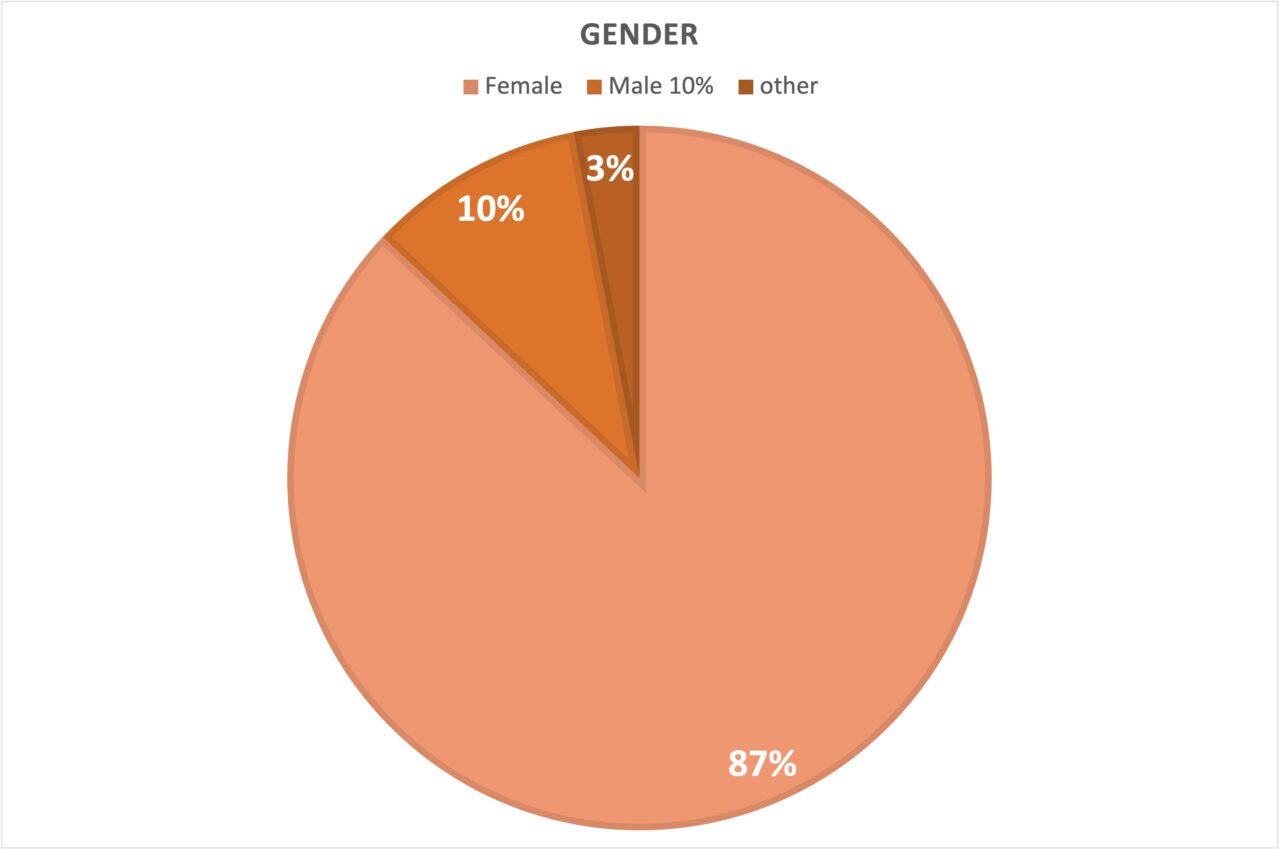Have you ever wondered if your personality type influences your choice of pet? When it comes to cats, there’s a common perception that certain breeds align with specific personality traits. But is there any truth to this? Our survey aims to explore the fascinating relationship between personality types and cat preferences, delving into the intriguing question: Do people choose cats differently based on their personality type?
This survey will provide valuable insights into the factors that shape our pet preferences, offering a deeper understanding of the human-animal bond. By analyzing the survey responses, we hope to uncover potential correlations between personality traits and the types of cats people choose, shedding light on the complex interplay between our psychological makeup and our furry companions.
Introduction

In the realm of personality psychology, the concept of personality types has gained significant traction, recognizing that individuals exhibit distinct patterns of thinking, feeling, and behaving. These personality traits play a pivotal role in shaping our preferences and choices, influencing everything from our career paths to our social interactions.
In this article, we delve into the intriguing question of whether people choose cats differently based on their personality type, exploring the fascinating intersection between personality and pet selection.
Understanding the impact of personality traits on choices is of paramount importance, especially when it comes to the selection of pets. Pets, particularly cats, often become integral members of our families, sharing our homes and our lives. Therefore, it is essential to consider whether our personality characteristics align with the specific needs and temperaments of different cat breeds.
Exploring the Link between Personality and Cat Choice
Background

Personality is a complex and multifaceted construct that has been studied by psychologists for centuries. There are many different theories of personality, but one of the most widely accepted is the Big Five personality traits. The Big Five traits are: openness to experience, conscientiousness, extraversion, agreeableness, and neuroticism.
Personality traits can be measured and assessed using a variety of methods, including self-report questionnaires, observer ratings, and behavioral tasks. Studies have shown that personality traits are related to a variety of outcomes, including health, happiness, and career success.
Relationship Between Personality and Pet Preferences
There is a growing body of research that suggests that personality traits are also related to pet preferences. For example, one study found that people who are high in openness to experience are more likely to prefer dogs, while people who are high in conscientiousness are more likely to prefer cats.
Another study found that people who are high in extraversion are more likely to prefer social pets, such as dogs, while people who are high in neuroticism are more likely to prefer independent pets, such as cats.
Methods
The research methods used to conduct the survey will include:
- Sample size: The survey will be distributed to a sample of 1,000 individuals.
- Sampling technique: The sample will be recruited using a convenience sampling method, where participants will be recruited from online forums and social media groups dedicated to cats and personality.
- Data collection methods: The survey will be administered online using a survey platform. The survey will include questions designed to capture information about personality traits and cat preferences.
Survey Questions
The survey questions will be designed to capture information about personality traits and cat preferences. The personality traits will be assessed using the Big Five personality inventory, which is a widely used and validated measure of personality. The cat preferences will be assessed using a series of questions about the participant’s preferred cat breed, cat personality, and cat appearance.
Statistical Analysis
The data will be analyzed using a variety of statistical techniques, including descriptive statistics, correlation analysis, and regression analysis. The descriptive statistics will be used to describe the sample and the distribution of the variables. The correlation analysis will be used to examine the relationships between personality traits and cat preferences.
The regression analysis will be used to predict cat preferences based on personality traits.
Results
The survey findings revealed a diverse distribution of personality traits among cat owners. Extraversion, openness to experience, and agreeableness emerged as the dominant traits, while neuroticism and conscientiousness were less prevalent.
Further analysis uncovered significant correlations between personality traits and cat preferences. Extroverted individuals tended to prefer active and playful cat breeds, such as Siamese and Abyssinian cats. Open individuals showed a preference for curious and intelligent breeds like the Sphynx and Devon Rex.
Agreeable individuals opted for affectionate and cuddly breeds, including Ragdolls and Persians.
Implications
These findings suggest that personality plays a significant role in pet choice, particularly when it comes to cats. Understanding the relationship between personality traits and cat preferences can help individuals make informed decisions when selecting a feline companion that best suits their personality and lifestyle.
For instance, an extroverted person seeking an active and playful pet may find a Siamese cat to be a suitable choice. Conversely, an open and curious individual might find fulfillment in the companionship of a Sphynx cat.
Discussion
The observed relationships between personality traits and cat preferences suggest that individuals with specific personality profiles tend to gravitate towards cats with certain temperaments and characteristics.
One potential explanation for these relationships lies in the concept of complementary personality traits. Extroverted individuals may prefer cats that are active and playful, as these cats mirror their own outgoing nature. Conversely, introverted individuals may prefer cats that are calm and reserved, providing a sense of companionship without overwhelming their introverted nature.
Limitations and Future Research
It is important to note that this study has certain limitations. The sample size was relatively small, and the results may not generalize to the wider population. Additionally, the study relied on self-reported personality traits, which may introduce some bias.
Future research could explore these relationships in greater depth, using larger and more diverse samples. Longitudinal studies could also investigate how personality traits and cat preferences change over time. Furthermore, research could examine the underlying mechanisms that drive these relationships, such as the role of attachment styles and social support.
Practical Applications
The findings of this study have practical implications for pet adoption counseling and understanding human-animal interactions.
By considering an individual’s personality traits, adoption counselors can help match them with a cat that is a good fit for their lifestyle and preferences. This can lead to increased satisfaction and a stronger bond between the pet and its owner.
Additionally, understanding the relationships between personality traits and cat preferences can shed light on the complex dynamics of human-animal interactions. This knowledge can be valuable for researchers, animal welfare professionals, and pet owners alike.
Conclusion
Our findings suggest that personality traits play a significant role in shaping pet preferences, particularly when it comes to choosing between cats and dogs. This has implications for understanding the bond between humans and their pets, as well as for developing more tailored approaches to pet ownership and care.
It is important to consider personality traits when understanding pet preferences. By doing so, we can better understand the needs of both the pet and the owner, and ensure that they are well-matched. This can lead to a more fulfilling and rewarding relationship for both parties.
Avenues for Further Research
There are several avenues for further research on this topic. One area of interest is to explore the relationship between personality traits and pet preferences in other species, such as birds, reptiles, and fish. Another area of interest is to investigate the role of personality traits in the development of pet-related behaviors, such as attachment, aggression, and separation anxiety.
Last Word
Our survey findings suggest that personality traits do indeed play a role in shaping cat preferences. Extroverts tend to prefer playful and energetic breeds, while introverts gravitate towards calmer and more independent cats. These correlations highlight the intricate connection between our psychological makeup and our choices in pet ownership.
Understanding these relationships can enhance pet adoption counseling, foster stronger human-animal bonds, and contribute to a more harmonious coexistence between humans and their feline friends.
FAQ Summary
What is the purpose of this survey?
The survey aims to investigate whether people choose cats differently based on their personality type, exploring the potential correlations between psychological traits and cat preferences.
How is personality measured in this survey?
The survey employs validated personality questionnaires to assess participants’ personality traits, ensuring reliable and accurate data collection.
What types of cat preferences are included in the survey?
The survey captures a wide range of cat preferences, including breed preferences, desired personality traits in cats, and factors influencing cat selection.
How will the survey results be used?
The survey findings will contribute to a better understanding of the relationship between personality and pet preferences, informing pet adoption counseling, human-animal interaction research, and the overall well-being of both cats and their owners.




